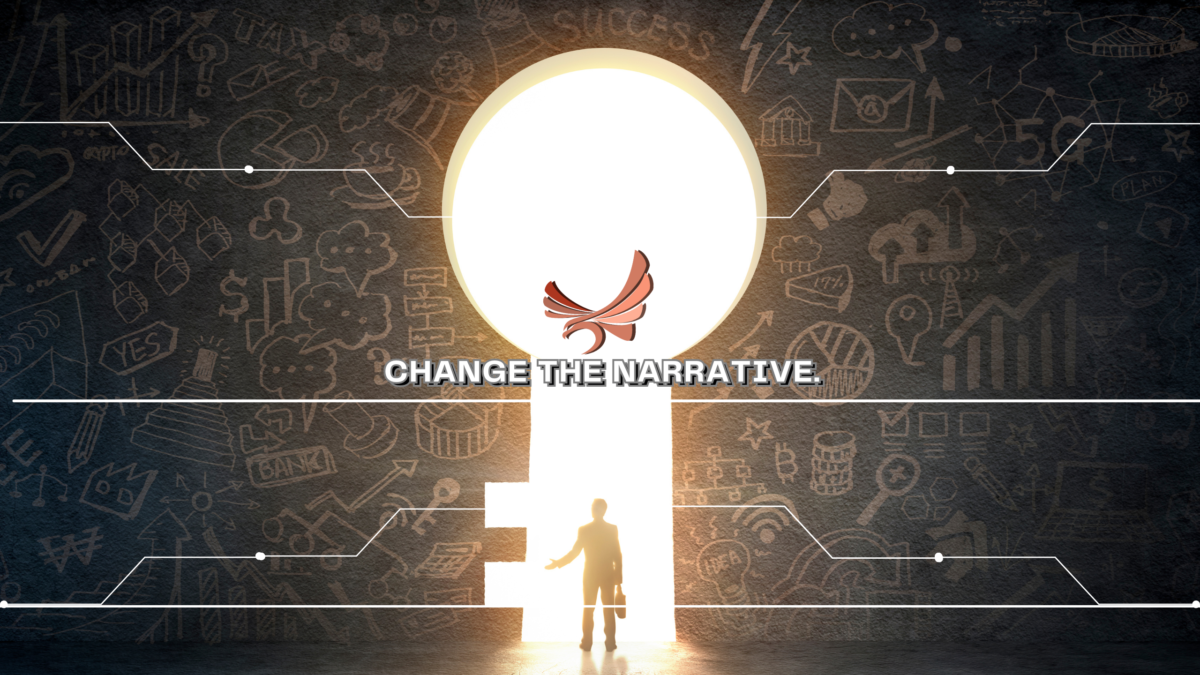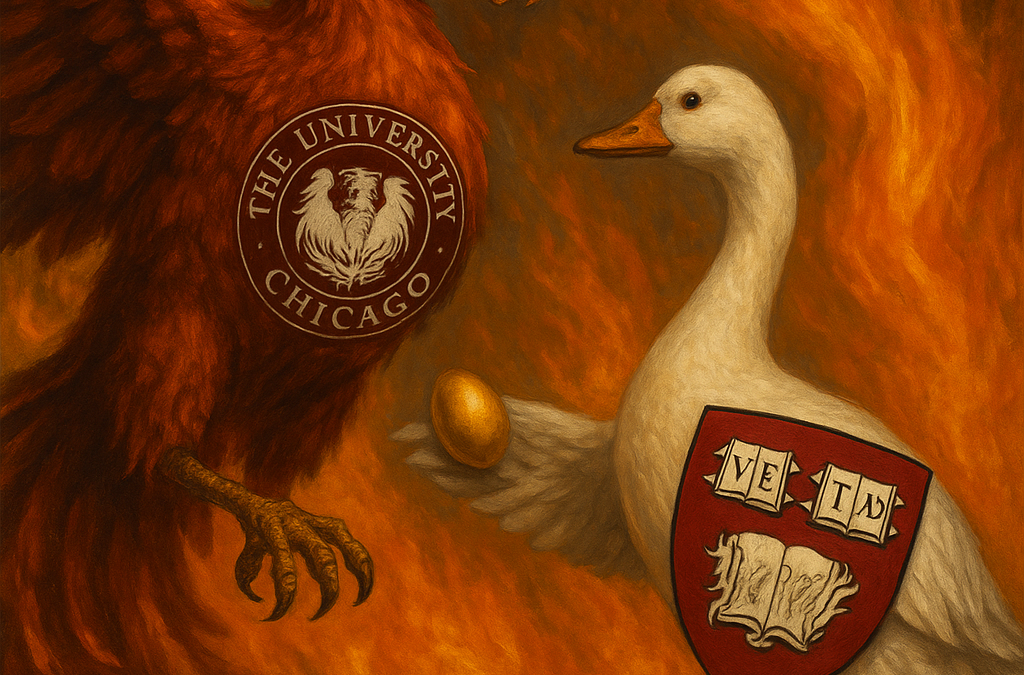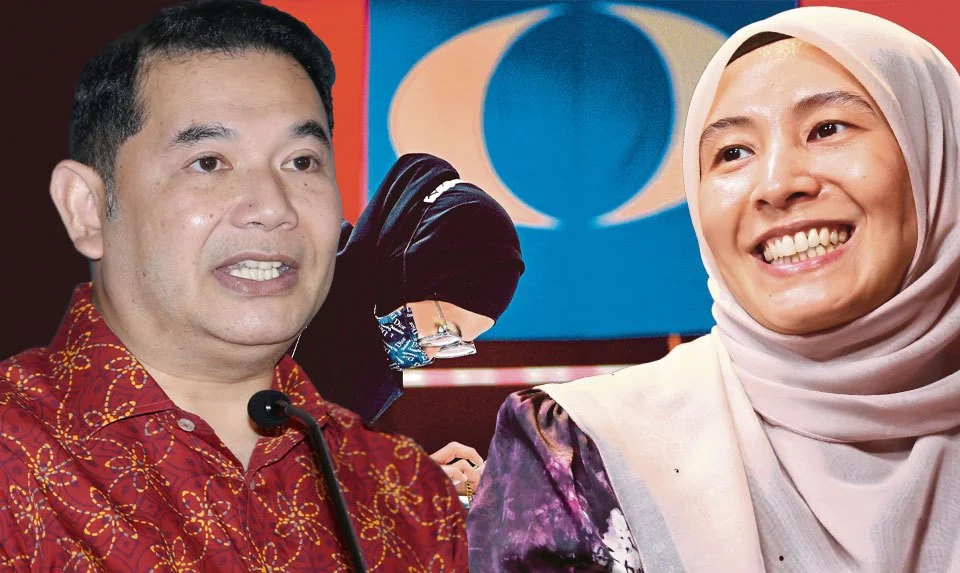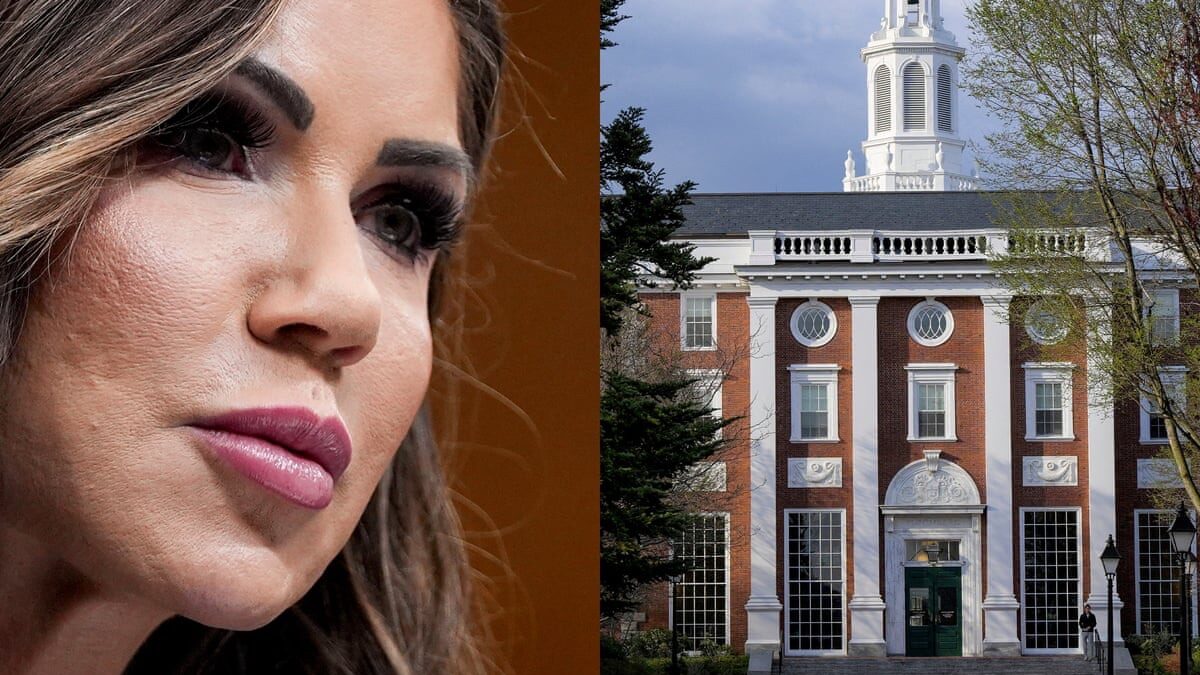What I Would Do Differently From The Madani Government (In Managing Speech Online)

As some of you may know, I have recently been making a range of videos about topics that I think are important for Malaysia to discuss, namely the 3 R’s.
Recently, the user @coldsunflares asked me on my YouTube channel and my video about the penunggang agama Rayyan Wong who recently accused PMX and our Agong of eating in a non-halal restaurant about what I would do differently from the Madani Government when it comes to regulating what some may call extremism or penunggang agama.
It was quite a thoughtful comment, and I reproduce it here.
“You mentioned the government’s inability to deal with these kinds of issues, which for the most part, is true. However, how would you propose they deal with it? Because any time the government decides to take these so-called “decisive action”, they are labelled as “draconian, stifling freedom of speech” among other things. On one hand, the government is hard pressed to take these measure because of their history of championing reforms, equality and civil liberty, but on the other are those “from the other side” who hides behind the guise of freedom of speech (without decorum) to spread malicious statements, as is evident from multiple recent incidents, i.e. China flag issue, mandatory Halal cert, etc. We are bursting at the seams with people who point out the problem, but not so much people who can come up with a feasible solution to these issues.”
The comment I wrote was too long for the margins of the comment window, and after I had written it I realized – it was too long even for the YouTube post window, so here it is in full blog entry glory.
Response begins:
I think even now, the Madani government is having huge problems with actually portraying itself as a compassionate government – but I feel that this is because it does not fully understand itself.
In this comment, you will see how I think of compassion and how I would define and operationalize it in the context of Madani, and how I would interpret and address the problems while at the same time maintaining compassion and inclusiveness while at the same time ensuring that we cannot be exploited by bad actors.
WHAT IS MADANI’S GAME PLAN/GOAL?
I believe in its ideal form, the Madani governance strategy is one that fosters a compassionate, inclusive, and resilient society by emphasizing the rule of law, education, and open communication while safeguarding national unity and societal integrity.
It combines firm, decisive measures against exploitation and harm with sustained efforts to build mutual understanding, trust, and the capacity for self-regulation within society.
This strategy involves three pillars:
1. Decisive and Transparent Governance: Enacting and enforcing clear, evidence-based laws to deter harmful behaviors such as extremism and religious exploitation (menunggang agama) while ensuring fairness and accountability with an eye towards restorative justice while never compromising on firmness.
2. Collaborative Civil Society Engagement: Partnering with non-governmental organizations (NGOs), educators, and communities to cultivate a culture of critical thinking, harmony, and shared responsibility.
3. Holistic Education and Public Awareness: Equipping citizens with the tools to discern misinformation, engage constructively, and participate meaningfully in public discourse.
I think actualizing the values of the Madani government requires not just the government, but also civil society to play a role – I will talk about first the government, then civil society, in that order, both about the broader question of 3R content and to the idea of menunggang agama.
Government:
A. Legal framework.
If I were the government starting anew (assume something like the Sedition Act and CMA1998 does not exist), I would begin establishing the necessary legal framework to ensure that any form of 3R out of bounds speech can be eliminated, and moreover define what can or cannot be said under the law in a sufficiently broad way to ensure that we can account for the broad varieties of harmful language or expressions or means of causing harm within our society – oh how nice, we have the Sedition Act and the CMA1998.
How can it be used to ensure that selective fitnah and misinterpretations of religion can be avoided, and how shall the courts decide that someone may cause sufficient public harm that their actions should not be tolerated? That’s a separate matter.
I would then proceed to ensure that the country has the necessary links with social media networks and companies in charge of these platforms to ensure that there are rapid solutions and frameworks for dealing with Coordinated Inauthentic Behavior or otherwise and from there ensure that these frameworks can be made use of for rapid identification and control specifically of this type of behavior – i.e. there should be a framework such that the government should have the right to request data when behavioral patterns fall into specific kinds of categories such as internet brigading, masquerading as somebody else, etc, to address the problem through a technological aspect that is systemic and inbuilt and that insulates against incursions of our social fabric programmatically rather than through synchronous intervention, with an applicable record of actions taken under any regulatory regime.
An Elected Representative I know personally told me that she advocates for one person one account, but I don’t think we need to go that far – or there needs to be a good regime for dealing with legitimate uses of multiple profiles in business context or otherwise, or perhaps an integration at a later point between social media entities and government databases assuming the appropriate transnational and multijurisdictional regulatory regime.
I would then proceed to establish, through communication and very clearly through actual engagement (not the fake engagement that Madani did), why such laws are needed to deal with our society, highlighting the actual scale and scope of the problems that we face and how at this juncture we need to address them. This is key for establishing trust and needs to be done clearly – no Rafizi going out and suddenly screaming about PN cyber troopers without any evidence (although PN cybertroopers certainly exist – see some of my other videos) and fighting with Lim Sian See – cold, hard evidence.
B. Enforcement.
Our deputy unity minister has opined that our existing legal framework is sufficient for dealing with dangerous speech, and the question is enforcement.
Let us suppose that she is correct and proceed from there.
For enforcement, I would take the principle of “shock and awe” – to overwhelm with complete dominance… For only a moment. Think of it as the analogy of an injection to cause pain that is gone in a brief while with aftercare, but that results in extreme consequences on a mass scale to people who wish to challenge our nation’s fabric but only over a brief time, done on a theatrical but not sterilized manner – preferably, an entertaining one.
I would do so by gathering evidence in the context of the necessary framework, then upon having gathered the necessary information, proceed to do a gigantic fell swoop mass enforcement where ideally, we can catch a large number of people at the same time who are responsible for 3R OR menunggang agama.
But catching them is not enough.
I would advocate massive scale public shaming, confessions, and content. Reveal their names, faces, ages, professions in a clear way that ensures that anyone who attempts to challenge our democratic fabric does not get away without consequences and be clear to communicate with people and assure the Malaysian people that every subsequent attempt to do something like this harms our society, and do it in such a way that it becomes profoundly clear that even if there is compassion in society, we cannot tolerate the intolerant – that as a whole society, to be a compassionate society, we must, if and as it is necessary, take measures to neutralize those amongst us who do not choose to be compassionate.
However, punishment is not enough.
There must be mechanisms for restorative justice.
After having been punished, I would advocate for these people to receive mandatory exposure to the lives and communities of other citizens within the community while continually being under watch. This would be something that, say, would require somebody who is of Malay descent to spend time in, say, vernacular schools or otherwise, Chinese people to spend time in mosques, and for government officials and civil society to mediate, moderate, and neutralize tensions in religious contexts that are apart from their own, to observe how people do things while at the same time having these people do community service in places where they will have to develop relationships with people of different backgrounds from them within the community or to have shock exposure to the communities that these people purport to hate or whose values that they claim are profoundly different from their own.
C. Communication.
Perception is profoundly important and ensuring that people perceive these measures in the correct way is necessary.
However compassionate or inclusive our government projects itself to be, it will never succeed unless it actually conducts town hall sessions and actual communication with its constituents, or can be seen by the average citizen of Malaysia to genuinely be doing so.
Which means, doing stuff like Reddit AMAs, making YouTube videos, or actually engaging in such a way that at the very least people can see that they are not lying through their teeth while claiming that they are engaging when actually they are not.
Here we come to the next part – civil society.
Civil society:
A. Education
I think that Malaysia needs to have a minimum level of education in order to deal with the manipulations of online content.
This will be slow but it will pay dividends.
I would consider as key deliverables:
I) Mandatory video content to be watched at each appropriate level for all primary and secondary school students about religious harmony and the manipulations of misinformation and disinformation, with an emphasis on good habits.
II) Viral videos that people would actually watch and share of their own prerogative showcasing how people manipulate religion to suit their needs
III) Key examples of misinformation and manipulation that may occur, as well as dialogue sessions on matters like emotional manipulation, for which teachers should be prepared to host and facilitate discussions rather than just parroting the material, and teachers can be graded on how well they actually conduct or facilitate sessions.
Although schools exist at dramatically different levels, and therefore the first thing mentioned, meaning bolstering of an educational system that can raise students to the appropriate educational level first is also crucial.
B. NGOs
I believe that we should have an NGO ecosystem that does not just consist of people trying to supposedly fight for justice, compassion, and inclusion, but also direct and lobby the government to take action on certain matters such as fake news, religious riders, and otherwise, in such a way that this network of NGOs can exert systematic pressure on the government, are independent from the government, and may participate in the activities of the government, even as it is established that the funding from these organizations should not come from the government, or otherwise.
C. Citizens.
It is key that we, on the individual level, should be immune to manipulations, but also have a bias towards action and towards challenging assumptions and narratives that do not align with what we see as correct views of the world.
This means not being silent when people try to write on religion, and this does mean being willing to talk about topics that people would normally consider controversial for the simple reason that this conversation was never meant to be dominated by one single group, but instead participated in as part of a vibrant democratic discourse.
It also does mean questioning our own assumptions and where we may personally fall short (do we personally discriminate? Do we personally avoid speaking the truth?), and having good personal traits or characteristics that dispose us towards participating in this conversation effectively, developing the skills as well as the culture that can facilitate that individually, with an aim towards cultivating it more broadly on the level of our society, thereby changing ourselves individually, that the world may change as well on the shoulders of our individual efforts.
Conclusion:
This was a very long series of reflections, but it contains some of my ideas.
To avoid our missing the forest for the trees though, this is what I want.
I want a government regime that is fully equipped to punish people who want to exploit our democracy in a tremendously punishing and extreme way that will cause personal humiliation and establish extreme deterrence in the short term than to create a sustained benevolence through a legal framework that facilitates its continuation.
Subsequent to that, I would bolster the government’s claims of being compassionate by establishing regular and sustained chains of communication between government and civil society rather than through performative actions that all Malaysians would easily see as pretentious and failing to live up to a basic standard of duty, which already is the status quo.
These together can be built in our courts as well as with the entities that facilitate the production of speech being shared.
I would then have government also collaborate with civil society in order to create a constant engagement, identification of needs, and the slow cultivation of a democratic immune system through education that not only involves talking at people but engaging with the intricacies of social media algorithms, blending that with government power, and also recruiting the very best of our civil society advocates in a continual way, recognising the enduring role of members of our society to uphold our own burdens in the realisation that individually we must be strong, that others may be strong as well, with the aim of creating a self-regulating society through a mixture of technology and appropriate homage to our human sides as we undertake the realisation that compassion is a nuanced topic and deepen our reflections beyond the standard and cliché notion of it as the allowance of everything under the sun.
As Prime Minister Anwar once quoted, citing Joseph Stiglitz, who in turn cited Isaiah Berlin, “Freedom for the wolves has often meant death to the sheep.”
To protect the flock, it is entirely understandable that we can eliminate the wolves while ensuring that instead of sheep, we have fully qualified and resilient human beings living in a system that will facilitate removal of the wolves among us at any point – this is the Malaysia towards which I hope we shall aspire, and what I hope we will in time reach.
– VT.




